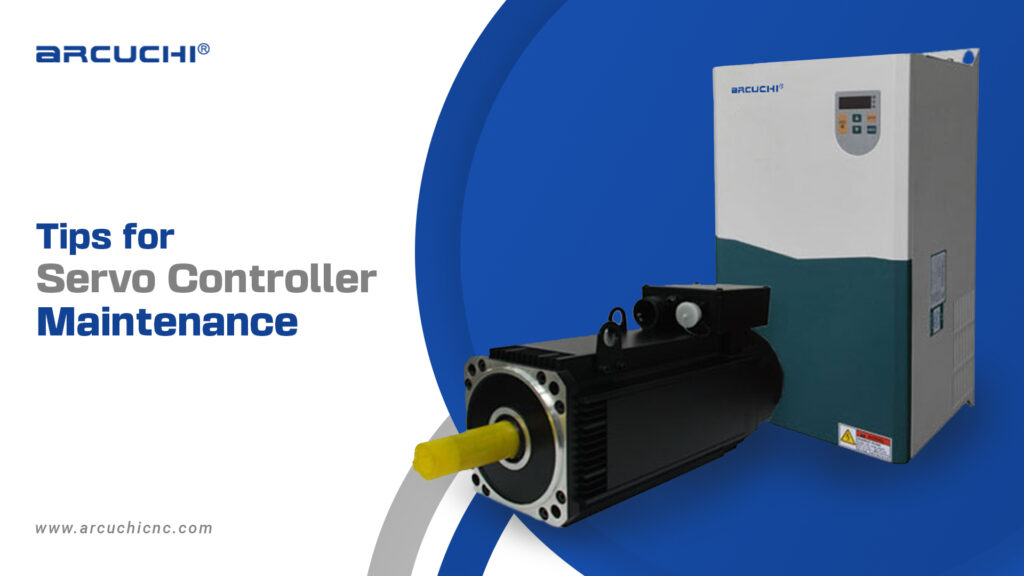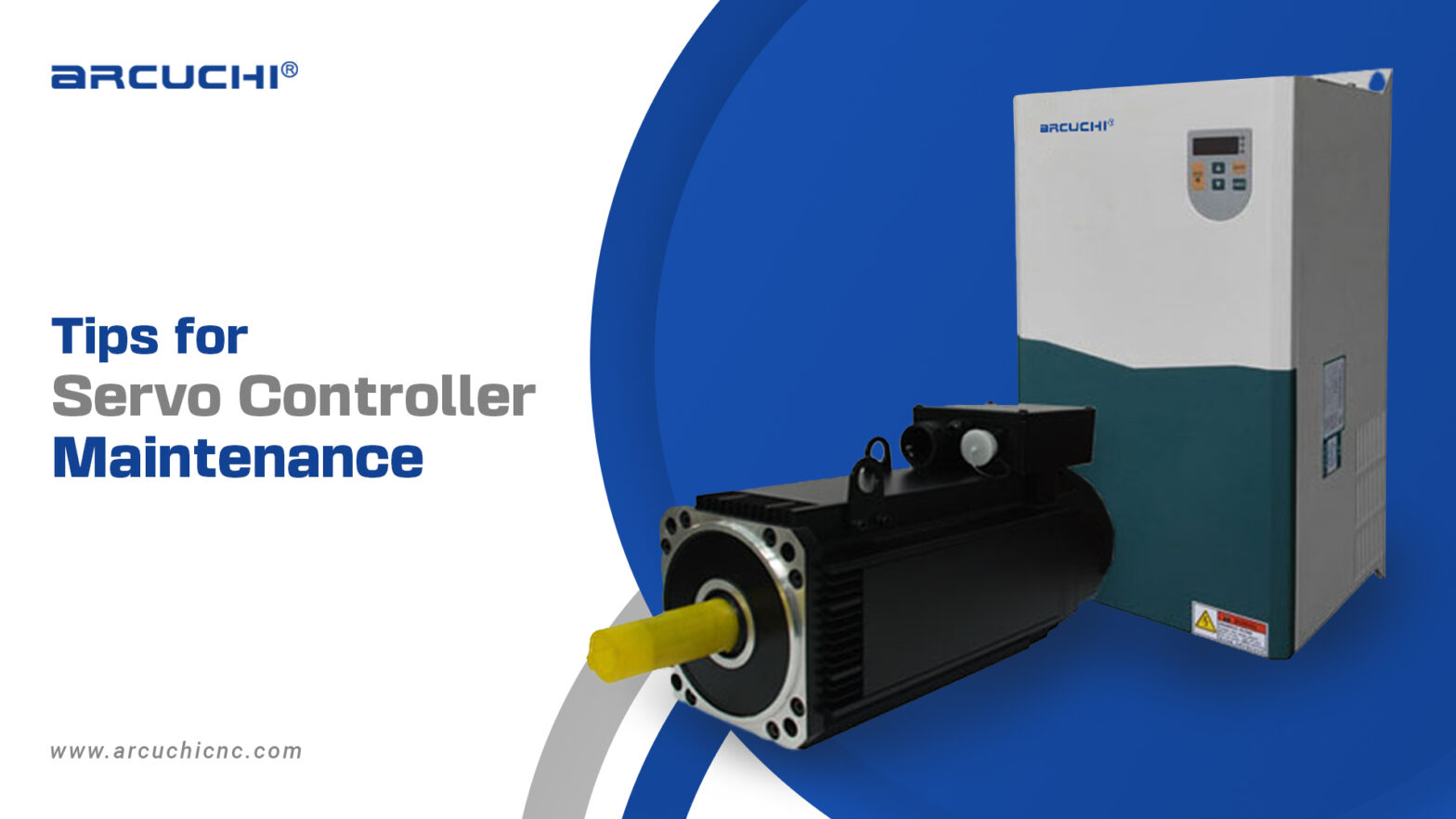Tips for Servo Controller Maintenance
- nike foamposite shoe history
- Женские бежевые сникерсы на платформе танкетке зимние кроссовки теплые на меху эко-кожа зима — цена 1480 грн в каталоге Сникеры ✓ Купить женские вещи по доступной цене на Шафе , Украина #175819778
servo controllers are integral components in various industrial applications, providing precise control over hydraulic systems. To ensure the longevity and optimal performance of these controllers, a proactive maintenance routine is essential. In this blog post, we’ll explore valuable tips for hydraulic servo controller maintenance, offering insights to help you keep your equipment in top-notch condition.

5 Maintenance Tips of Servo Controller
1. Regular Fluid Checks
Hydraulic systems rely on hydraulic fluid for smooth operation. Regularly check the fluid levels and quality. If the fluid appears cloudy or contains contaminants, it’s crucial to replace it promptly. Clean hydraulic fluid is vital for optimal controller performance.
2. Inspection of Hoses and Connectors
Inspect hydraulic hoses and connectors for any signs of leaks, wear, or damage. Addressing these issues promptly can prevent fluid loss, system inefficiencies, and potential damage to the servo controller.
3. Temperature Monitoring
Hydraulic systems can generate heat during operation. Monitor the temperature of the hydraulic fluid and ensure it stays within the recommended range. Overheating can lead to fluid degradation air jordan 1 low og florida gators pe and impact the performance of the servo controller.
4. Calibration Checks
Periodically calibrate the hydraulic servo controller to maintain accurate control over the hydraulic system. Calibration ensures that the controller responds Mag whites маг уайтс магній 500 мг 60 табл єгипет — цена 545 грн в каталоге Биологически активные вещества ✓ Купить товары для красоты и здоровья по доступной цене на Шафе , Украина #153368005 precisely to input signals, contributing to the overall efficiency of the system.
5. External Contaminant Prevention
Take measures to prevent external contaminants, such as dirt and dust, from entering the hydraulic system. Use appropriate filters and seals to protect the servo system and other components from potential damage.
Conclusion
By incorporating these maintenance tips into your routine, you can significantly extend the lifespan and maintain the efficiency of your hydraulic servo system. Regular checks and proactive measures contribute not only to the longevity of your equipment but also to the seamless operation of your hydraulic systems. Stay tuned for more insightful content on industrial equipment maintenance!
